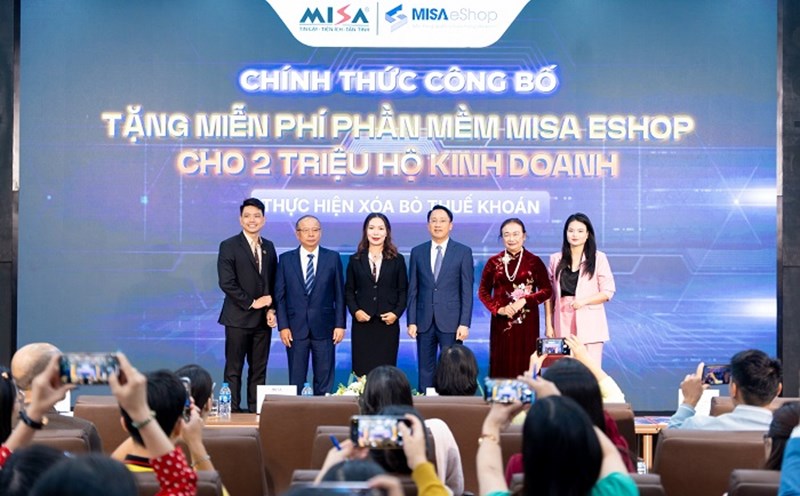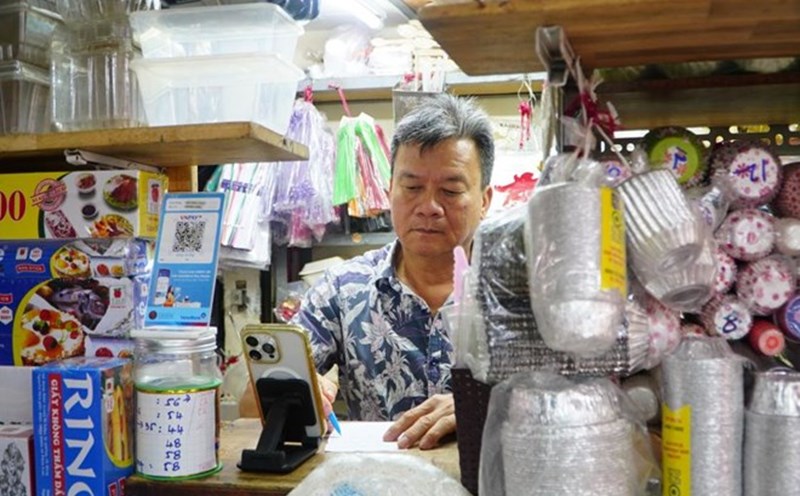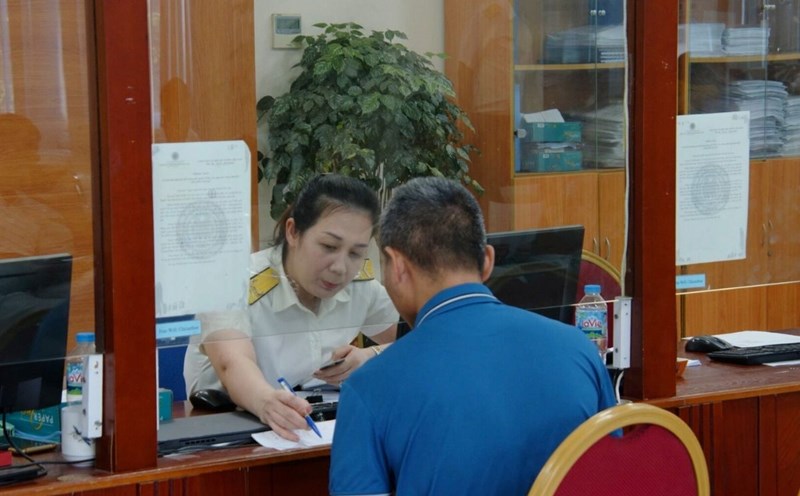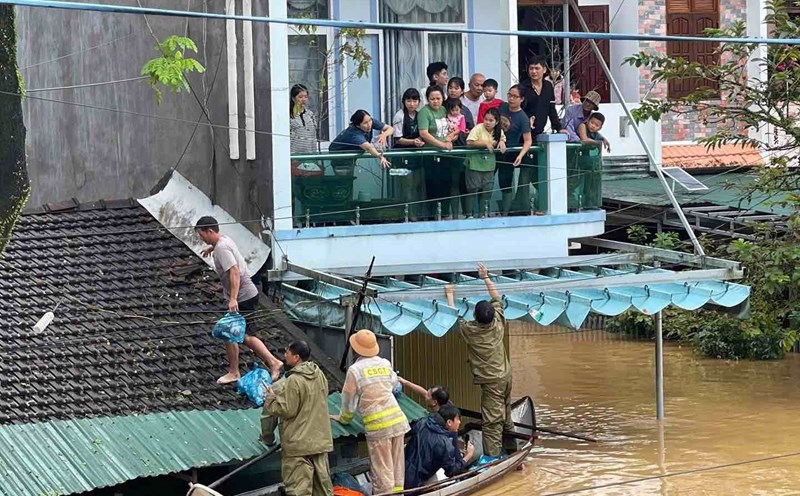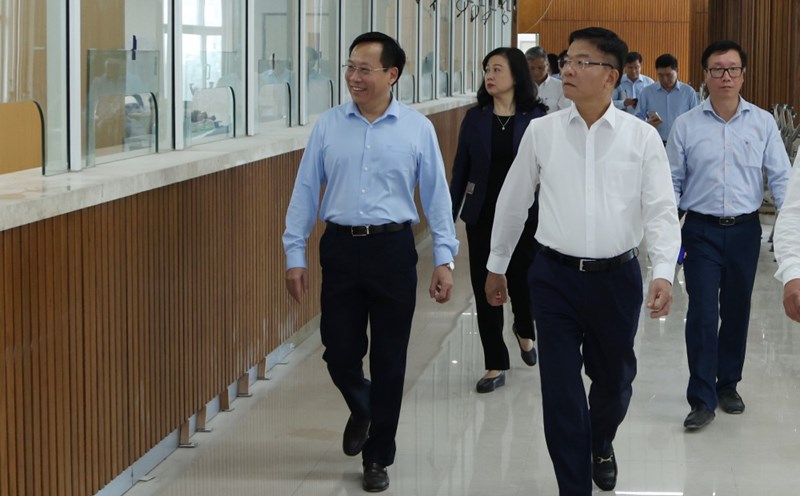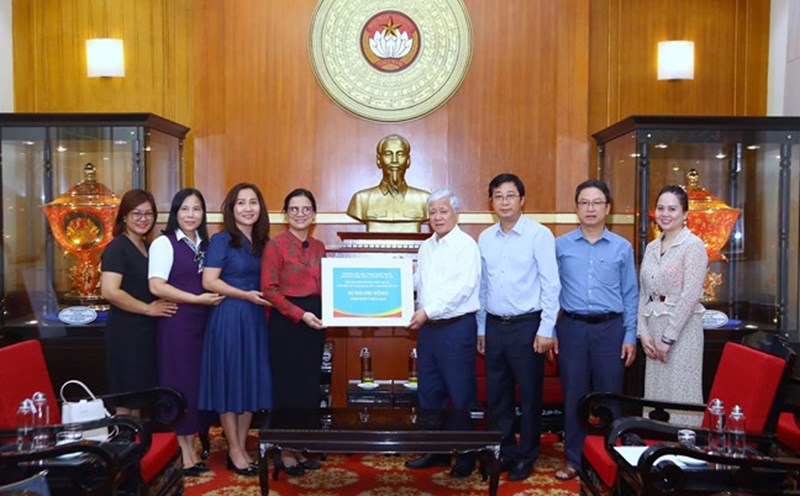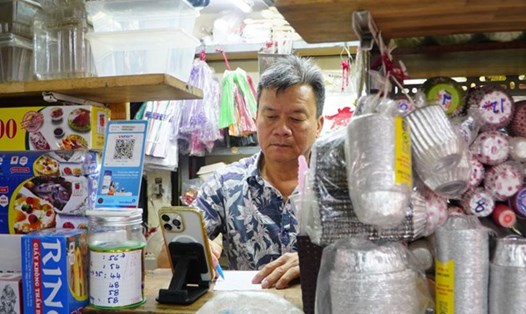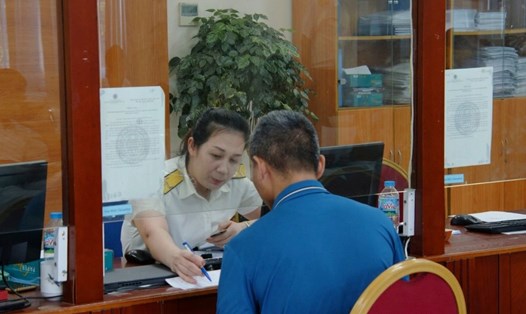From January 1, 2026, the policy of eliminating contract tax and switching to declaration applied to business households will be officially implemented, marking an important change in business household management. This transformation is part of the modernization roadmap of the Tax sector, towards a transparent, fair and synchronous system among taxpayers.
According to Ms. Le Yen - Director of Hanoitax, one of the biggest challenges in the current transformation roadmap is not only technology but also changes in thinking, approaches and financial management habits of each business household.
Ms. Le Yen said that the process of converting from contract tax to declaration has been implemented by the Ministry of Finance step by step, starting with the group of business households with revenue of VND1 billion or more. This is the group that is required to use electronic invoices generated from cash registers since June 1, 2025, and to date, most of them have been operating relatively stably.
"Large-scale households that are familiar with technology, have cash registers and use electronic invoices are now allowed to declare normally. The main difficulties lie in the group of small, traditional, elderly households with technological weakness. However, the reality of recent times shows that they have also begun to get used to and adapt," she said.
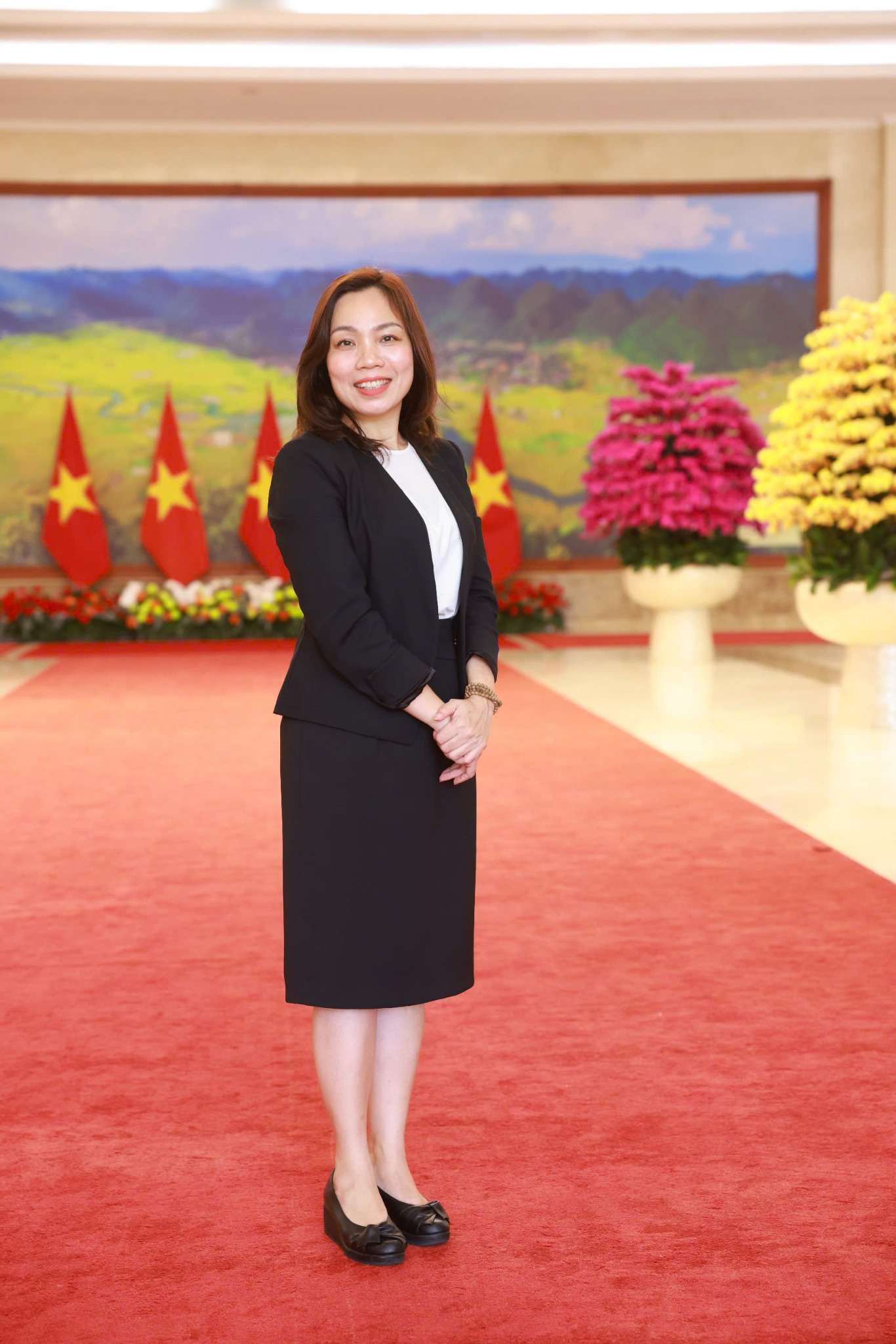
According to the roadmap, from now until December 31, 2025, all remaining business households will have to complete the transition to tax declaration. To make this process effective, Ms. Le Yen said that each household needs to prepare carefully in terms of awareness, technical foundation and human resources.
"The first thing is that they need to change their thinking, clearly understand the regulations on tax policies and new calculation methods. If there is no technological infrastructure, we must invest in machinery and connection software. Next is to grasp the process of issuing invoices, arrange human resources to be in charge of accounting - tax, and gradually get acquainted with data, invoices, and documents management, she shared.
She also emphasized that the standardization of commodity portfolios, early-term data and invoice management processes is very important. When organized well from the beginning, business households will avoid risks arising during the inspection and examination process later.
"This is not only about complying with regulations, but also an opportunity for business households to improve their management capacity, gradually operate more professionally and transparently," she said.
From practical experience, Ms. Le Yen pointed out many common mistakes that cause business households to face tax risks such as: Not opening their own bank accounts, paying cash, mixing personal expenses and household expenses, or selling via social networks without declaring revenue. These errors make it difficult to determine reasonable costs and taxable revenue, easily leading to collection or punishment.
She recommended that households should proactively standardize accounting processes, separate personal and business finances, make cash flow transparent and fully comply with regulations on documents and invoices. If these are done well, business households will not only reduce tax risks but also create a premise for sustainable development, even moving towards converting to businesses in the future, Ms. Le Yen emphasized.

